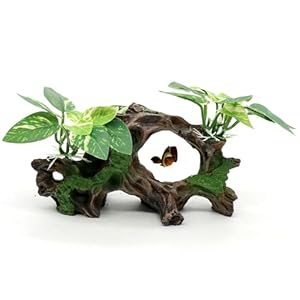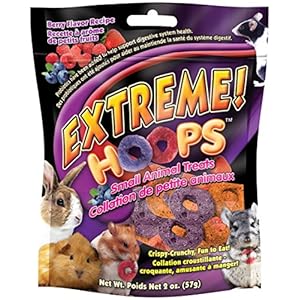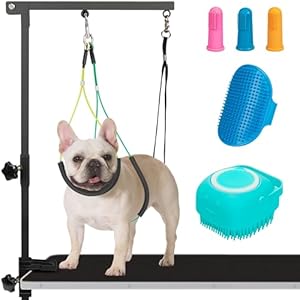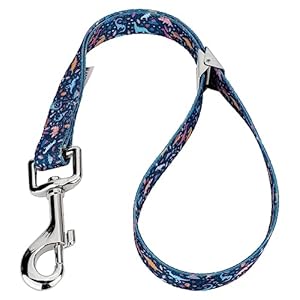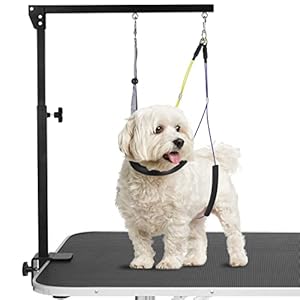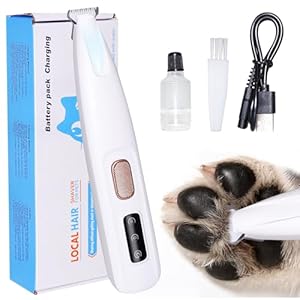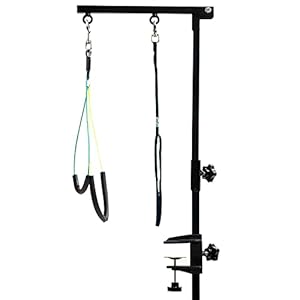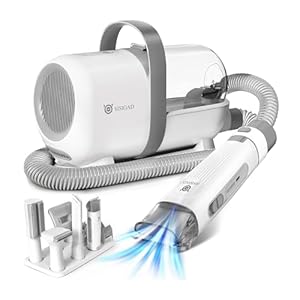
When choosing a bird cage for your feathered companion, there are several factors to consider to ensure their well-being. Size, material, and bar spacing play crucial roles in providing a safe and comfortable environment, but there’s more to it than just these basics. Additional features can make a significant difference in your bird’s daily life and overall happiness. So, as you embark on this decision-making process, remember that the right cage goes beyond mere containment; it becomes a vital part of your bird’s world.
Importance of Cage Size
When selecting a bird cage, ensure that the size accommodates your feathered friend’s wingspan and natural movements. Birds need space to stretch their wings and fly within the cage. A cage that’s too small can restrict their movement and lead to health issues. Make sure the cage is wide enough for your bird to hop from perch to perch comfortably. Additionally, consider the height of the cage to allow for vertical movement and the placement of various toys and perches at different levels.
Adequate space isn’t just about physical health but also impacts your bird’s mental well-being. A cramped cage can lead to stress and boredom, affecting your feathered friend’s overall happiness. Providing enough room for your bird to move around freely can prevent behavioral problems that may arise from confinement.
Consideration of Material
Selecting the right material for your bird cage is crucial for ensuring your feathered friend’s safety and comfort. When choosing a bird cage, consider materials such as stainless steel, wrought iron, or powder-coated metal. Stainless steel is a popular choice due to its durability, resistance to rust, and ease of cleaning. Wrought iron cages are also sturdy and provide a safe environment for your bird. Ensure that the cage is coated with a non-toxic finish to prevent any harm to your feathered companion.
Avoid cages made from materials like lead or zinc, as these can be toxic to birds if ingested. Wooden cages aren’t recommended as they can harbor bacteria and are difficult to clean effectively. Plastic cages are also not suitable as birds may chew through them, leading to potential escape or injury. Opt for a material that’s easy to maintain, safe for your bird, and provides a comfortable living space. By selecting the right material, you can create a secure and cozy home for your feathered friend.
Evaluating Bar Spacing
To ensure your feathered friend’s safety and comfort, one important factor to consider when choosing a bird cage is evaluating the spacing between the bars. The bar spacing is crucial as it prevents your bird from escaping or getting stuck between the bars.
Birds like parakeets or canaries require cages with narrow bar spacing, typically around ½ inch, to prevent them from squeezing through. Larger birds such as cockatiels or conures need wider bar spacing, usually between ½ to 1 inch, to accommodate their size and prevent injury. If the spacing is too wide, there’s a risk of your bird getting its head stuck or injured.
On the other hand, if the spacing is too narrow, it may feel confined and stressed. Always consider your bird’s species and size when evaluating bar spacing to ensure a safe and comfortable environment in their new home.
Exploring Additional Features
Consider incorporating various features to enhance your bird’s cage environment. When selecting a bird cage, look for options with built-in perches of varying sizes and textures. These perches help promote foot health and provide your bird with opportunities to exercise and play.
Additionally, consider cages with multiple feeding stations to allow for a diverse diet and prevent food aggression among multiple birds. Some cages come equipped with removable trays for easy cleaning, reducing the time and effort required to maintain a hygienic environment for your feathered friend.
Look for cages with secure locking mechanisms to ensure your bird stays safe and contained. Furthermore, cages with integrated play gyms or hanging toys can provide mental stimulation and entertainment for your bird.
Lastly, consider cages with wheels for easy mobility, allowing you to move the cage around your home as needed. By selecting a cage with these additional features, you can create a comfortable and enriching environment for your bird.
Ensuring Comfort and Safety
Enhance the well-being of your feathered friend by prioritizing comfort and safety when choosing a bird cage. Look for cages with appropriate bar spacing to prevent escape or injury. Opt for cages made of durable materials like stainless steel or wrought iron to ensure longevity and sturdiness. Avoid cages with toxic materials such as lead-based paints that can harm your bird.
Ensure your bird’s comfort by selecting a cage that’s spacious enough for it to move around, stretch its wings, and exercise. Include perches of varying sizes and textures to promote foot health and prevent boredom. Consider adding toys, swings, and foraging opportunities to keep your feathered companion mentally stimulated.
Maintain your bird’s safety by checking for secure locks on doors and feeder openings. Place the cage away from drafts, direct sunlight, and areas with high humidity. Regularly inspect the cage for any signs of wear and tear, and promptly repair or replace any damaged parts. By prioritizing comfort and safety in your selection, you can provide a secure and cozy environment for your beloved bird.
Trending Products

